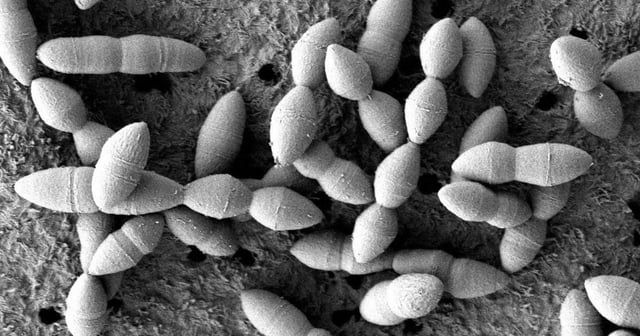Overview
- YB328, a Ruminococcaceae bacterium naturally present in roughly one-fifth of Japanese individuals, was identified as enriched in cancer patients who sustain responses to PD-1 checkpoint inhibitors.
- In preclinical mouse models, co-administration of YB328 with checkpoint inhibitors significantly increased tumor shrinkage compared with standard therapy alone.
- Mechanistic experiments revealed YB328 activates dendritic cells, which migrate to lymph nodes and tumors to amplify T-cell–mediated anti-cancer immunity.
- The July 15 Nature publication details how a single gut microbe modulates cancer immunotherapy efficacy.
- Building on these findings, an NCC-affiliated startup is planning first-in-human oral YB328 trials in the second half of fiscal 2027.

